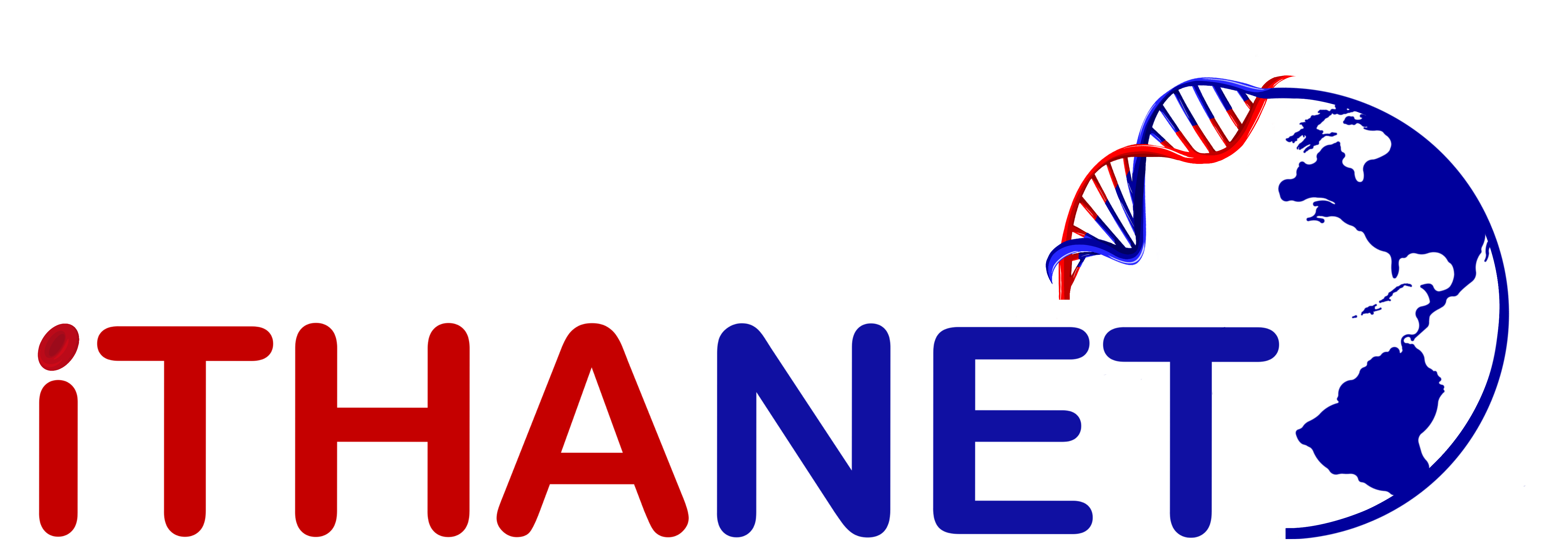
The investigators propose to evaluate exhaled carbon monoxide (CO) in patients with sickle hemoglobin types: hemoglobin SS (HbSS), hemoglobin SC (HbSC), and hemoglobin S (HbS)-beta thalassemia during routine clinic visits, and longitudinally. The investigators goal is to know whether exhaled carbon monoxide (etCO) differs amongst subjects with different sickle cell syndrome genotypes, and whether it is a stable marker of hemolytic rate, as reflected in routine labs obtained for clinical care (including total hemoglobin, reticulocyte count, lactate dehydrogenase, and, when sampled, total and direct bilirubin). The investigators hope to establish whether this inexpensive and non-invasive test faithfully reflects hemolytic parameters in sickle cell syndromes.
More information: clinicaltrials.gov, ITHANET Clinical Trials





